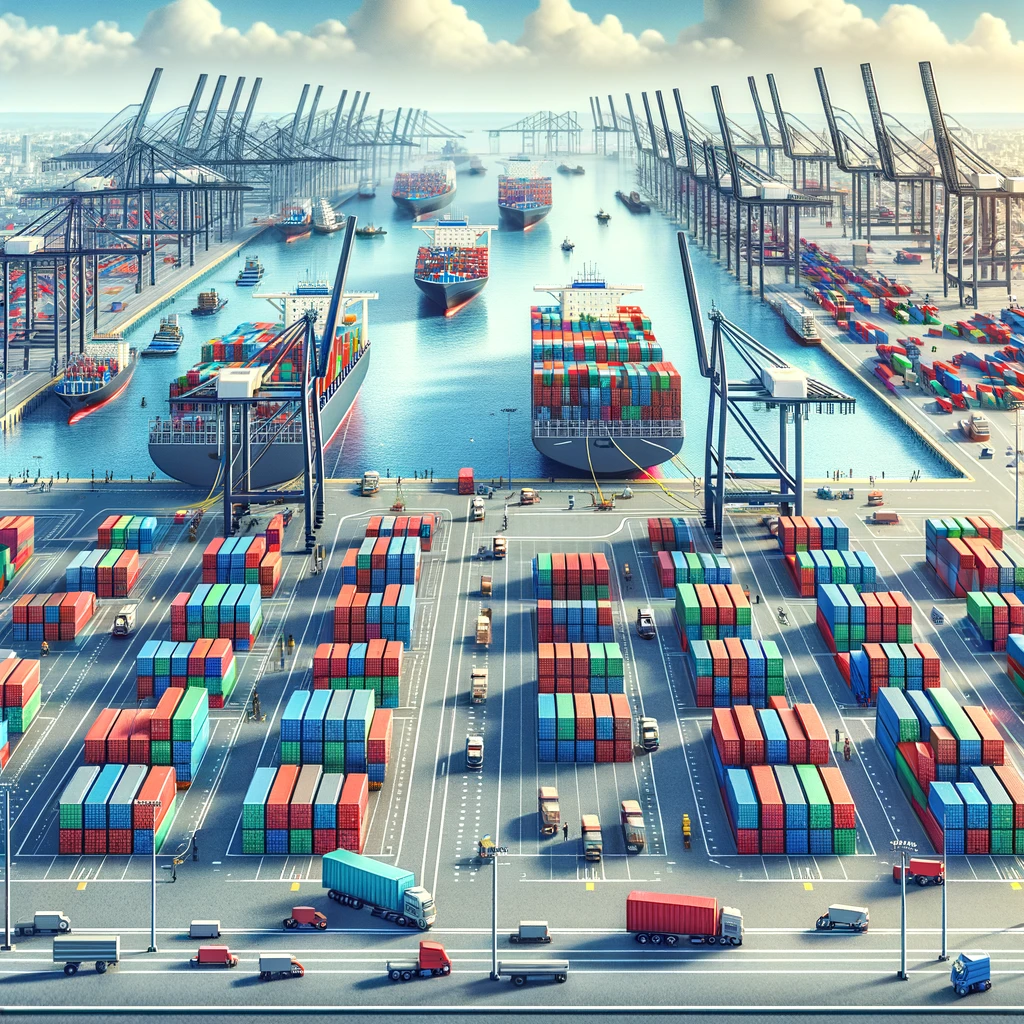Ports and terminals are vital components of the global maritime trade network, and they play a crucial role in the supply chain. However, like any other entities, ports and terminals can be subject to liability under various circumstances.

We will explore the legal aspects surrounding the liability of ports and terminals in the maritime industry.
Types of Liability
Liability for ports and terminals can arise from several sources:
- Operational Liability: This pertains to issues within the control of the port or terminal, such as accidents during cargo handling, equipment malfunctions, or inadequate security measures.
- Environmental Liability: Ports and terminals may be held liable for environmental damage caused by spills, emissions, or improper disposal of hazardous materials.
- Contractual Liability: This arises from breach of contracts with shipping lines, cargo owners, or service providers.
Legal Framework
The legal framework governing the liability of ports and terminals includes international conventions, national regulations, and contractual agreements. Key international conventions in this context include the Hague-Visby Rules and the Hamburg Rules, which establish rules for carrier liability and cargo claims.
Limitation of Liability
Ports and terminals may seek to limit their liability through contractual agreements or by invoking legal mechanisms such as the Limitation of Liability Act. However, these limitations are subject to scrutiny and may not apply in cases of willful misconduct or gross negligence.
Notable Cases
Several notable cases have shaped the liability of ports and terminals in maritime law. These cases often involve disputes over cargo damage, environmental harm, or accidents within port premises. Precedents set in these cases influence legal standards and liability considerations for ports and terminals.
Key Takeaways
The liability of ports and terminals is a complex legal issue that requires a thorough understanding of international conventions, national laws, and contractual obligations. Ports and terminals must take appropriate measures to mitigate risks and ensure compliance with legal standards.
